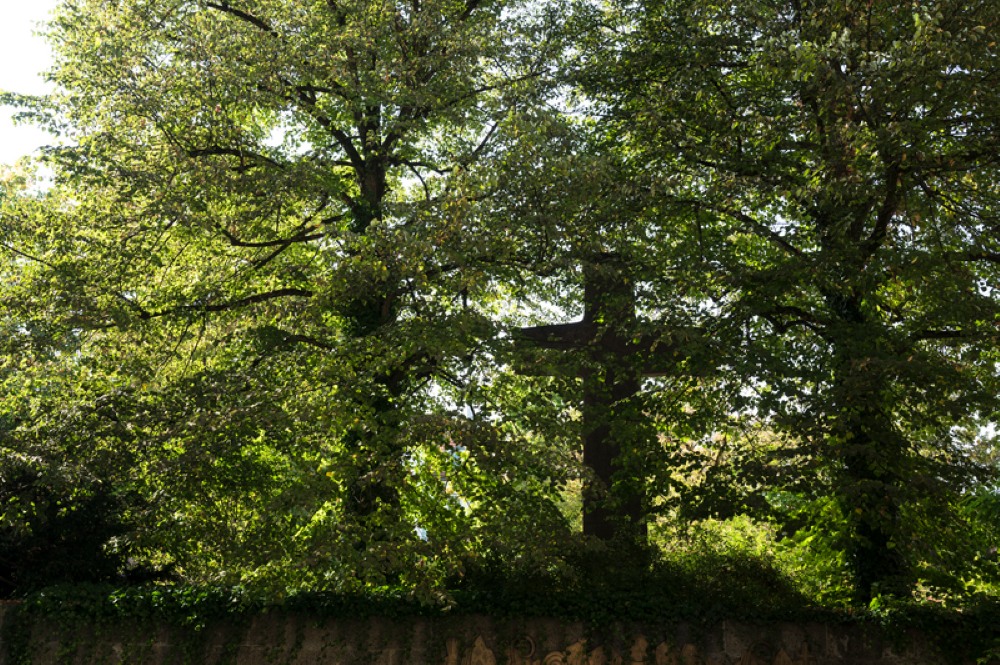Good Friday is a Christian holiday that commemorates the crucifixion of Jesus and his death at Calvary. In Germany, it is known as Karfreitag, one of Germany’s “stiller Feiertag” (quiet holidays), characterized by mourning and restrictions in place. In some states, the quiet period starts at 6 pm on the day before, called Gründonnerstag (Maundy Thursday), and on this day, there are no church bells.
The Altötting District in Bavaria town is a place where religious people have been going on pilgrimage for around 1,200 years. For more than 500 years, it has been the most important Marian pilgrimage site, a shrine to the Virgin Mary, in German-speaking countries.
Many activities like Public dancing are also prohibited, the strict rules have been applied, which vary from state to state. Officially, it is only allowed to get louder again on Holy Saturday from 6 am.
And films will only be shown if recognized as suitable by the Ministry of Culture. Although that also depends on the state, so could be solved by crossing a border. This also influences what is shown on TV.
On Good Friday, the shops remain closed, and no weekly markets, commercial exhibitions, circus performances or public festivals are allowed, including sporting events like the Bundesliga Friday match.
But not everything is closed. Some places, including Art exhibitions, museums, zoos and even some swimming pools, can open.
In North Rhine-Westphalia, the bakers are allowed to open on Good Friday or Karfreitag and Easter Monday but can only keep it open until Sunday opening hours. On Easter Sunday, there is a ban on baking, so only already ready-baked bread has to be sold.
Notably, The “Karfreitag” word in Germany has some history behind it; the Kar in Karfreitag comes from the Mid-High German word Kara, meaning “wail,” “sorrow”, or “lamentation.



